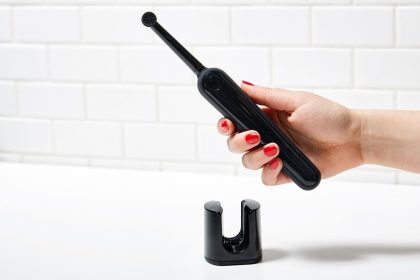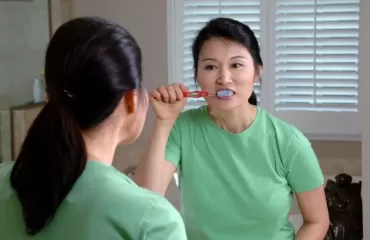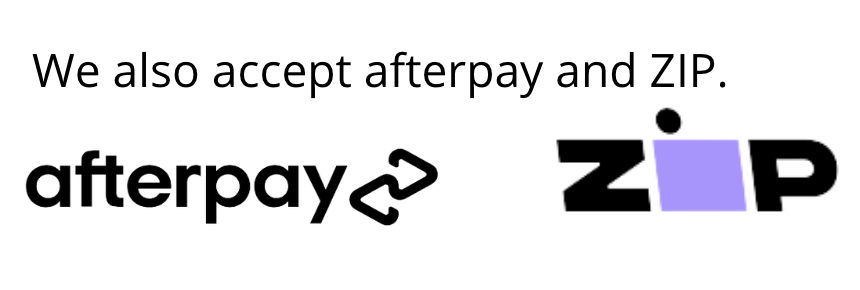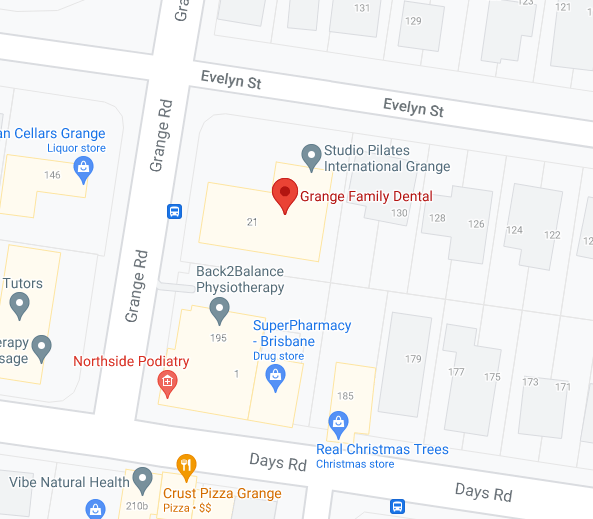
Choosing a toothbrush is an important decision. After all, brushing your teeth is crucial to maintaining good oral and dental hygiene. While a healthy mouth can help keep away cavities, tooth decay and gum disease, an unhealthy mouth can put you at risk of stroke and even heart attacks. For this reason, choosing a toothbrush that is right for you and investing time and care into your oral health is necessary for your wellbeing.
In this article, we will explore the age-old electric toothbrush vs. manual debate and answer questions such as ‘Does an electric toothbrush clean better?’ and ‘What’s the best kind of toothbrush to use?’.
Electric vs. manual toothbrush – what are the pros and cons?

Electric toothbrush pros:
1. Remove more plaque
Does an electric toothbrush clean better? Research suggests that more plaque is removed when using an electric toothbrush vs. manual. The vibrations and micro-movements help decrease plaque and gingivitis. If you opt for an electric toothbrush, choosing a toothbrush that also rotates is the best option to remove plaque.
2. Easier for people with mobility issues
If you have mobility issues or conditions such as carpal tunnel or arthritis, choosing a toothbrush that is electric may make brushing your teeth easier for you.
3. Good for people with braces and orthodontic appliances
Some studies have found that using an electric toothbrush is especially helpful for individuals with braces or other orthodontic appliances. Choosing a toothbrush that is electric can help you clean hard to reach places and improve your oral health.
Electric toothbrush cons:
1. More expensive
Is an electric toothbrush the best kind of toothbrush to use? Not necessarily. Prices for electric toothbrushes can vary from $15 all the way up to $250. Replacement brush heads can cost up to $45 for a pack. If cost is a big factor when choosing a toothbrush, you may want to opt for a manual one instead.
2. Less accessible
When you have an electric toothbrush, finding the right replacement heads near you may be a challenge, particularly if you have a brush from a less famous brand. You can purchase a replacement online, but this isn’t always convenient. Keep this in mind when choosing a toothbrush.

Normal toothbrush pros:
1. Effective
An electric toothbrush may remove more plaque, but normal toothbrushes are still perfectly fine. If you use the right technique and brush your teeth for long enough (2 minutes is the recommended), normal toothbrushes are an effective tool for maintaining your oral health.
2. Accessible & affordable
Manual toothbrushes are available at almost any grocery store, pharmacy and even dollar store across the country. They don’t need batteries and they are easily transportable. They’re also highly affordable, with the average toothbrush costing $1 to $5.
3. Better for people with fragile teeth
When choosing a toothbrush, people should take their own personal circumstances into account. Elderly people with fragile teeth may benefit from the gentler controlled motions of a manual toothbrush.
Normal toothbrush cons:
1. Harder to regulate pressure
One study suggests that people tend to brush too hard with a manual toothbrush. This can hurt the gums and teeth, leading to discomfort.
2. More wasteful
Less waste is created with an electric toothbrush vs. manual ones, as you only need to replace the head. This makes manual toothbrushes worse for the environment as they’re usually made from plastic.
What’s the best kind of toothbrush to use?
Both electric and normal toothbrushes have their pros and cons, so choosing a toothbrush that is right for you depends largely on your situation. Evidence suggests that both electric and manual toothbrushes can effectively clean your teeth, so stick to what suits you best. If you’re still unsure about choosing a toothbrush, are interested in teeth whitening or have any other oral health concerns, don’t hesitate to get in touch with Grange Family Dental.









